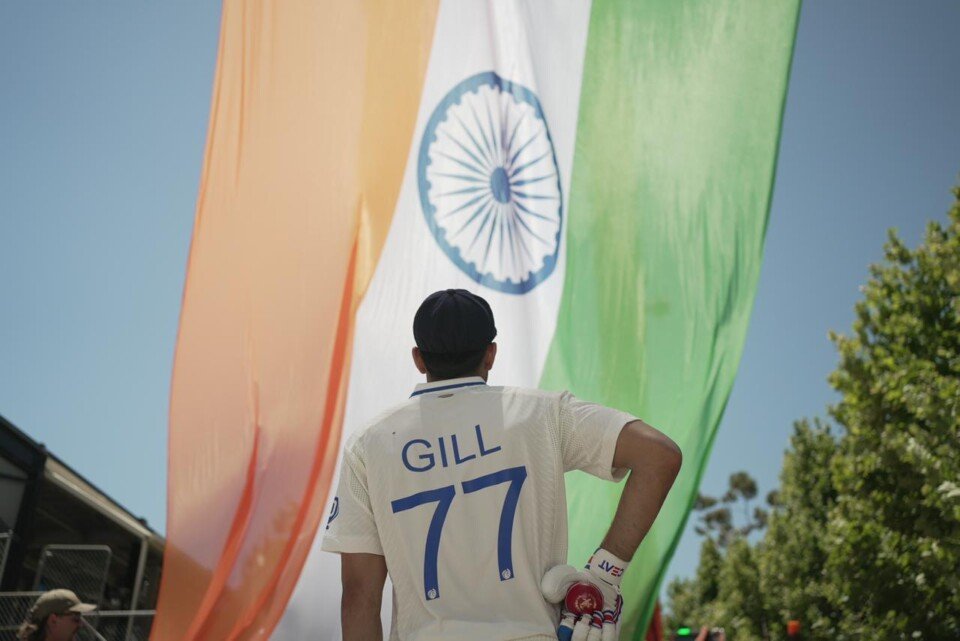Shubman Gill is 25. He hasn’t cracked Test cricket, not yet. The numbers don’t speak for him, and the recent series haven’t revealed anything new.
Initially, we gave him the Prince tag like a gift, nicely wrapped, pretty to look at. But now, when he opens it, all he finds is pressure. There is no comfort, no softness. Only weight, waiting to be carried.
In India, you don’t get a settling-in phase; you get judgment. A hundred earns you applause, a duck invites dissection. Every single decision becomes a discussion. Captaincy here doesn’t just ask for wins, it demands control.
This isn’t the continuation of Rohit’s era or the leftover echo of Virat’s fire. It isn’t the end of something, it’s the beginning of something else. A clean slate, with Gill as the first name written on it. It is like going shoe shopping when Gill himself is still learning how to walk. The England series is just around the corner, which means this is no longer a theory. This is real, and India won’t wait.
Of course, Shubman isn’t Virat, and he isn’t Rohit, and that is both the truth and the tension. He leads differently. He doesn’t sell emotion. He is more like a pause in a punchline, and that pause can either ruin the rhythm or make the punch land stronger. But also, in rooms that now miss noise, his calm can easily be mistaken for distance.
Either way, this is the hardest thing he has ever done, and it is the one job that will not give him time. From the first moment, he is being measured and judged. Against men who built something and carried it for years. Against captains who controlled the narrative. Against numbers that don’t come in one series. Against moments that ask for courage.
And through all that, he still has to bat. Because Test captaincy doesn’t care who you are if you aren’t scoring. The job is too loud for aura, too cruel for excuses. This isn’t white-ball cricket, where one knock can shift the mood. This is the long game, the dragging kind, where failure hurts and stays with you.
Gill has the shots, the brain, and the patience, but leadership needs more than that. It needs scars. It needs memory. It needs a special kind of trust, that does not wobble when everything else starts to fall apart. Can he carry all that?
The names around him are new. The tone is shifting. The room is still unsure. And Gill is standing at the front of it all, with a bat in hand, a captaincy badge on his chest, and a thousand questions.
Every time a young batter falls early, they will look at him. Every time a session drifts, his face will appear on the screen. Every time India lose a tight one, they will ask if he is strong enough. Nobody expects him to have all the answers right now, but can he survive the questions?
There is no buffer left. He is the buffer now. And he will not get time. He will have to take it. Hopefully, he finds his path.

